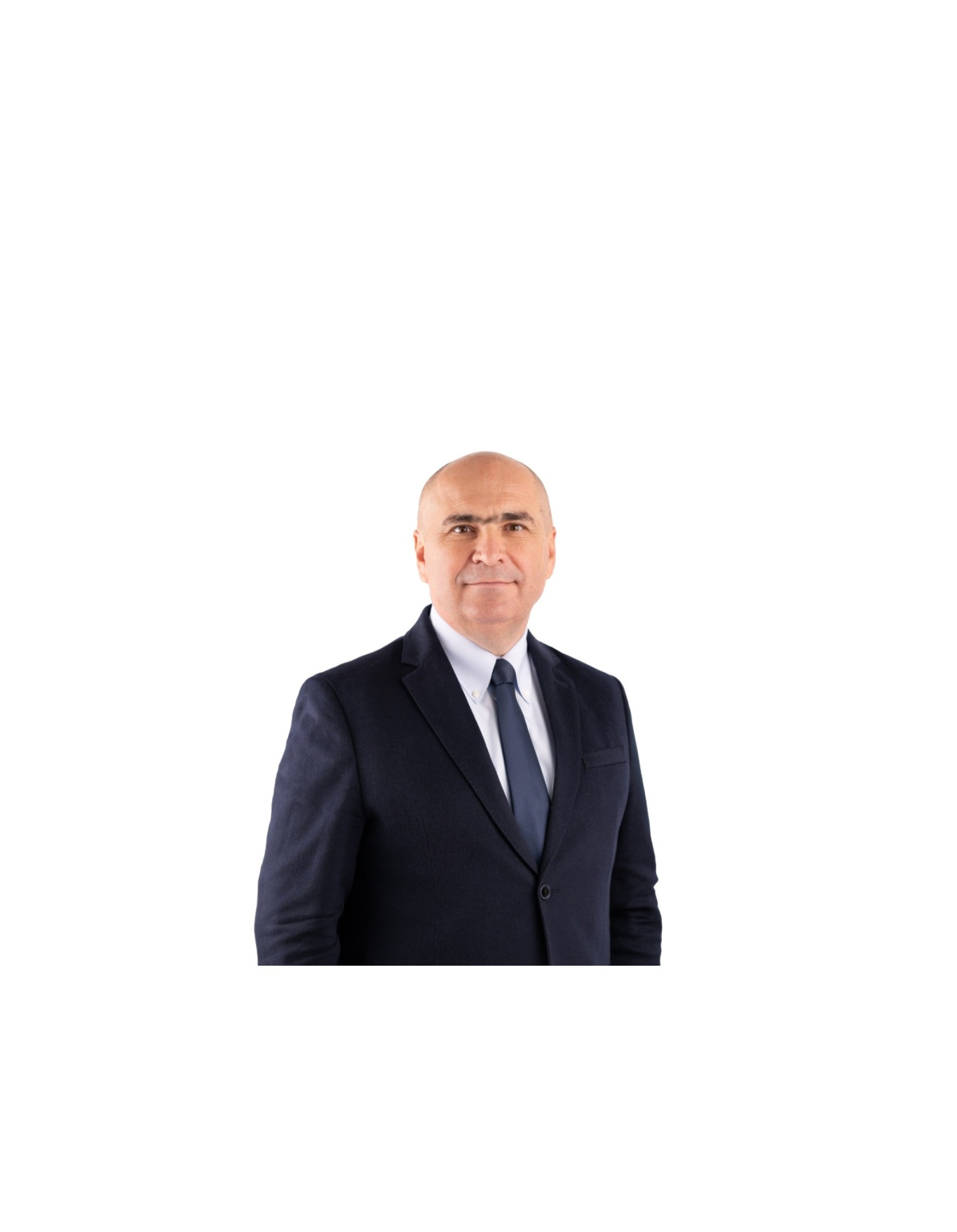2428

Prime Minister Announces Support for Domestic Production and Exports During Visit to Transavia
Romania has the capacity to regain its position as a key player in the European agricultural market, but this requires a pragmatic vision, less bureaucracy, and stronger support for high-performing Romanian companies. This was the message delivered on Saturday by Prime Minister Ilie Bolojan during an official visit to Transavia, one of Romania’s largest meat producers.
In a statement published on the Government’s official Facebook page, the Prime Minister outlined several key directions for supporting the agri-food sector:
“Romania’s agricultural potential can be fully harnessed through companies that have grown in recent years, companies that can expand their production capacity and diversify their product range. This will mean more Romanian products on store shelves and fewer imports. A government does not build a country. People and companies do that. The government creates the conditions for people and businesses to perform. We must reduce bureaucracy and design public policies that support the growth of domestic production and exports.”
The visit to Transavia also provided an opportunity for a direct dialogue with the company’s founder, Ioan Popa, on the challenges faced by Romanian processors and the prospects for developing the sector. With more than 2,300 employees and a strong presence in major retail chains, Transavia is considered a flagship Romanian company, fully locally owned, contributing actively to the country’s food security.
In this context, Ilie Bolojan added:
“Today, at the company’s headquarters in Alba County, I thanked Mr. Ioan Popa, the founder of Transavia, for delivering quality products every day, for creating more than 2,300 jobs, and for paying taxes into the state budget. We discussed how to streamline approvals and permits and how to shape public policies that support the growth of domestic production and exports.”
A Long-Term Strategy: More Romanian Products, Less Bureaucracy
The Prime Minister’s statements outline a balanced approach, in which the role of the state is to facilitate — not to control — economic development. The emphasis on expanding production capacities, reducing import dependency, and strengthening exports comes at a time when Romania’s food industry is under significant pressure, from rising inflation to high energy and logistics costs.
His remarks also echo calls from producer organizations, which have urged authorities to provide stronger support for digitalization, simpler authorization procedures, and investment incentives.
Conclusion
The Prime Minister’s visit to Transavia and his public message represent an encouraging signal for Romania’s agri-food sector. If the promises translate into coherent policies, Romania could reclaim its place among Europe’s major agricultural producers — with fewer bottlenecks, stronger trust in the private sector, and a sharper focus on the quality of local products.





